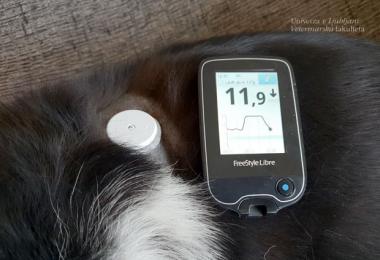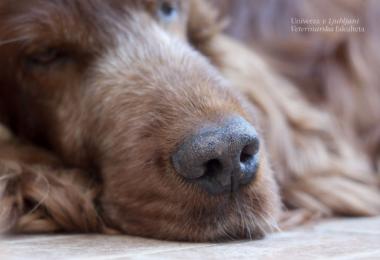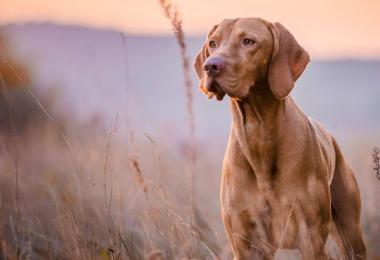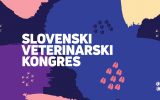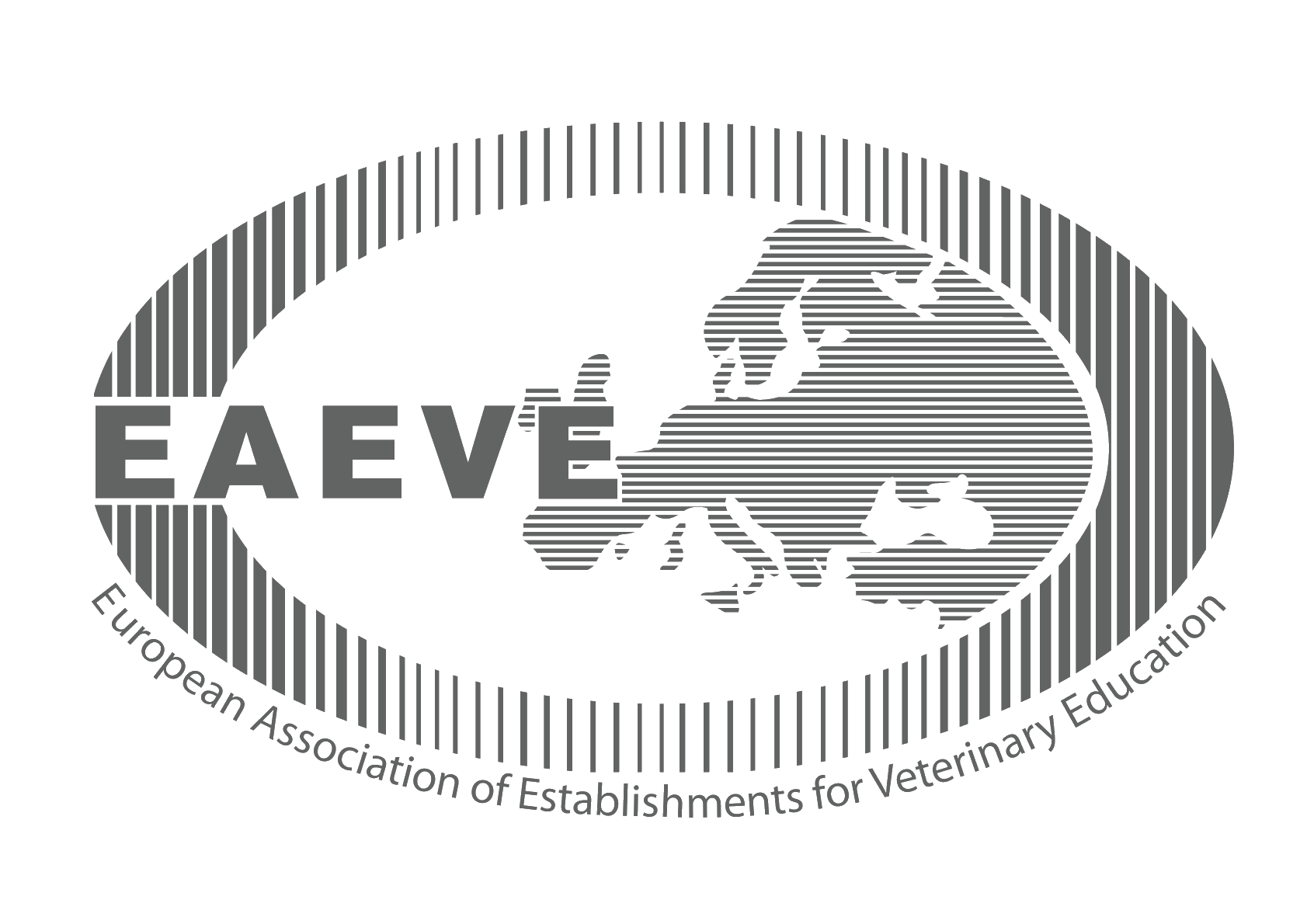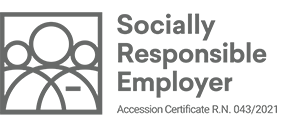Emergency veterinary assistance for dogs and cats and a telephone number of constant readiness.
Outbreaks of Equine Influenza
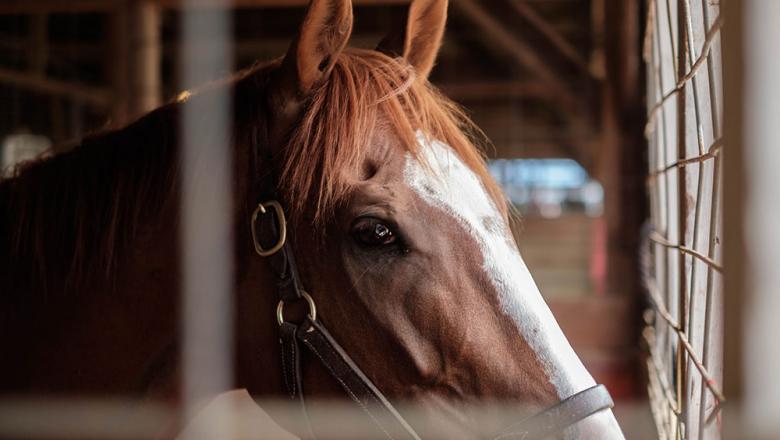
Equine influenza is a highly contagious virus that causes respiratory disease in horses, donkeys, mules and other equines. It is present on all continents where horses are located, with the exception of New Zealand and Iceland. Vaccinated horses can also become infected and become sick. Infections have also been confirmed this year in Slovenia.
The virus is transmitted between horses by aerosol (secreted by horses with coughs) and direct contact with secretions (nasal discharge, vomit). It is transmitted to clothing and equipment through people working with infected horses. Despite caution and proper hygiene, the virus can spread rapidly between horses that share a living space.
Symptoms of the disease
Symptoms of the disease appear within one to three days (rarely seven days) of being infected with the influenza virus. A high temperature (up to 41oC), cough and bilateral nasal discharge are characteristic. Due to the high fever, horses can become apathetic and stop eating and drinking. The duration of the disease depends on the severity of the symptoms. Horses usually recover within three weeks of infection, however, the condition can be complicated mainly by secondary respiratory infections. In rare cases, animal deaths can also occur.
Protection from infection
The most effective way of protecting against equine influenza is to prevent the influenza virus from entering the herd. Any new horses introduced into the herd should be isolated for three weeks. The isolation of horses that are regularly transported for sporting or other events also reduces the risk of disease throughout the herd. Regular vaccination of horses reduces the likelihood of the disease. However, if the disease does occur, the symptoms of vaccinated horses are milder than those that have not been vaccinated.
It is important that horses showing signs of illness are examined by a veterinarian. For accurate confirmation of the disease, nasal swabs or nasal flush of horses in an acute phase of the disease are taken to confirm the virus. The virus is easiest to confirm through a nasopharyngeal swab, however, the cooperativeness of horses is lower in this procedure. Confirmation of the diagnosis is also performed by determining antibodies in the blood. It is important to take two blood samples. The first sample is taken as soon as possible at or after the onset of the disease signs, and the second blood sample (reconvalent sample) is obtained 14 days later. It is advisable to perform both tests to increase the chance of proof of infection. Virus isolation and serological testing can be performed at the Faculty of Veterinary Medicine. Prior to sampling and submitting samples, consult with the National Reference Laboratory for Avian Influenza of the National Veterinary Institute of the Faculty of Medicine (contact number 01 4779 245), and for more information on the disease itself, contact the Clinic for Breeding and Health Care of Horses (01 4779 329 or 051 613 350).
It is necessary to closely monitor body temperature and general well-being (appetite, stooling, urination) of sick horses. Complete regeneration of the respiratory tract affected by the influenza virus is a lengthy process that can take anywhere from 50 to 100 days. The effects of the infection on sports horses manifest in poorer athletic fitness for up to six months after infection. In horses that start training or racing at a stage where the airways are not fully healed, chronic respiratory problems and a long-term reduced ability for optimal athletic performance may occur.
The transmission of the virus from diseased to healthy animals is an important factor in preventing the spread of infection. Isolation of infected horses by relocating them to another room or stall where contact with other horses is reduced is very effective. Moving/transporting horses is not recommended in cases of infections. Ensuring basic biopreventitve measures such as washing and disinfecting hands and the use of clean clothing/footwear can further reduce the possibility of transmission of the virus between horses. Therefore, it is very important to use special clothing, footwear and rubber gloves when working with an infected or suspected horse and to make sure that they do not come into contact with other horses or animals. Hands should be thoroughly washed and disinfected after contact with an infected horse.
The influenza virus is very sensitive to all common disinfectants. If possible, those who are looking after a diseased horse should avoid contact with other horses. Consult a veterinarian in cases of fever, coughing and a runny nose. The spread of the disease in the herd and the condition of individual horses are monitored by regular body temperature measurements (twice daily). Horses that are present on an estate/land at the onset of the disease should not leave the estate/land for three weeks after the last signs of the diseases have passed. The return of sports horses to training should be gradual by increasing the load over a period of at least eight weeks after the last signs of the disease have passed.
Equine influenza virus poses a very low risk of human infection. Clinical illness in humans due to equine influenza virus has not yet been confirmed. However, dogs can contract equine influenza virus and may show signs of respiratory illness. Cases of dogs infected with influenza virus have been reported mainly in the US, the UK and Australia.
Library
A wide selection of domestic and foreign professional literature in the field of veterinary medicine and other sciences.
Location
Gerbičeva 60
SI-1000 Ljubljana
Slovenija
Sample Reception
Samples are received at several locations throughout Slovenia. See where.
Main navigation
-
Education
- Informativni dan
- Why to become a veterinarian?
- Undergraduate Studies
- Postgraduate studies
- Pripravništvo
- Summer Schools
- Continuous education
- Professional Development
- International Activity
- Mednarodna dejavnost - Tuji študentje
- The Path to Creative Knowledge
- Tutoring
- Extracurricular Activities
- Career Centres
- Alumni
- Student organizations and societies
- Quality Assurance
- Clinics
- Diagnostics
- Dobrobit
- NVI
- Research
- About us
- Hub

